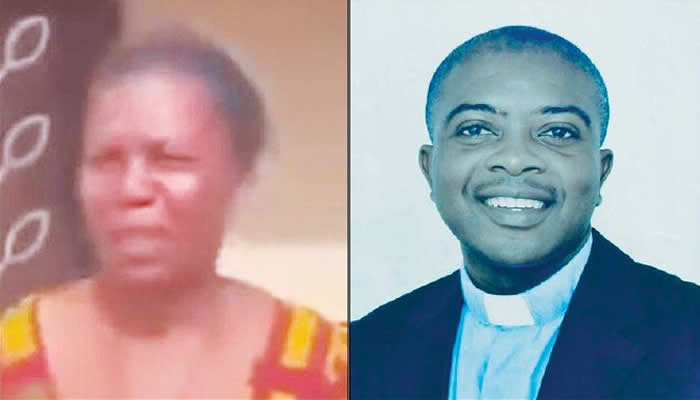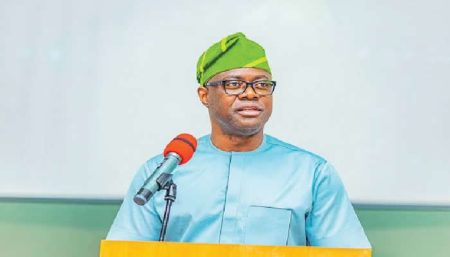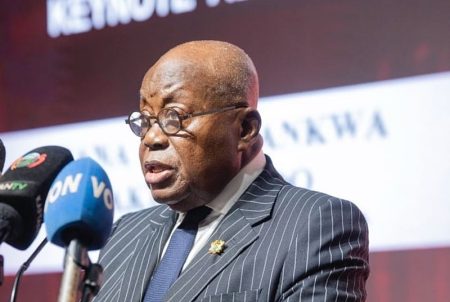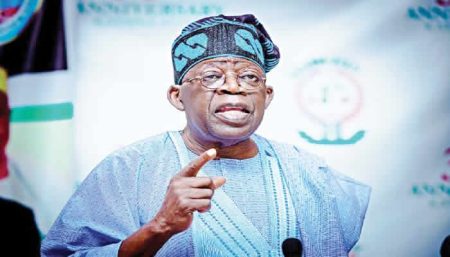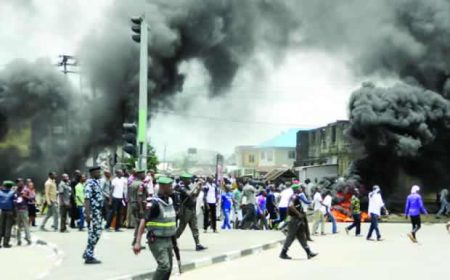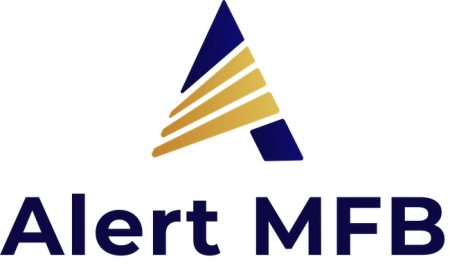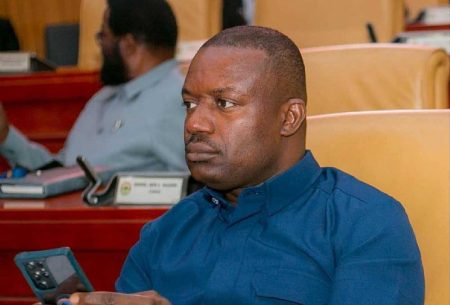Paragraph 1: The Incident and Initial Reports
The Catholic Diocese of Awka, located in Anambra State, Nigeria, found itself embroiled in controversy following an alleged altercation between one of its priests, Reverend Father Jude Muokwe, and a 50-year-old widow, Mrs. Maureen Ikeorah. The incident, which transpired on Wednesday, February 12, 2025, at Angel Ordinary School, a school run by the church in Ifitedunu, Dinukofia Local Government Area, reportedly left Mrs. Ikeorah traumatized and physically injured. Initial reports suggested that the altercation stemmed from a meeting Mrs. Ikeorah and other staff members were holding to discuss a potential salary increase. Rev. Fr. Muokwe, who also serves as the school’s manager, allegedly interrupted the meeting, accusing Mrs. Ikeorah of being the instigator, and proceeded to physically assault her with a cane and slaps.
Paragraph 2: Conflicting Accounts and Viral Video
While the initial narrative portrayed Rev. Fr. Muokwe as the aggressor, a different version of events emerged from another source within the school. This account asserted that Mrs. Ikeorah was the one who initiated the physical confrontation by slapping the priest, leading to a reciprocal response and the ensuing altercation. Adding fuel to the already raging fire, a video surfaced on social media platforms, depicting Mrs. Ikeorah tearfully recounting her ordeal and displaying visible bodily injuries allegedly inflicted by Rev. Fr. Muokwe. The conflicting narratives and the graphic nature of the video fueled widespread public discussion and condemnation.
Paragraph 3: Diocesan Response and Promise of Investigation
In response to the escalating public outcry and the widespread dissemination of the video, the Catholic Diocese of Awka issued an official statement on Monday, February 17, 2025. The statement, signed by the Chancellor, Reverend Father Charles Ndubisi, expressed regret over the "unfortunate" incident and pledged to conduct a thorough investigation into the circumstances surrounding the altercation. The Diocese emphasized its commitment to upholding the integrity and respect of all individuals and unequivocally condemned any form of misconduct within its institutions, particularly its schools. Furthermore, the statement promised that appropriate disciplinary actions would be taken based on the findings of the investigation.
Paragraph 4: Examining the Complexity of the Situation
The incident involving Rev. Fr. Muokwe and Mrs. Ikeorah raises several critical questions and highlights the complexities inherent in such situations. Firstly, the conflicting accounts of the event underscore the importance of a thorough and impartial investigation to determine the precise sequence of events and identify the primary aggressor. Relying solely on eyewitness testimonies, particularly in emotionally charged situations, can lead to biased or incomplete narratives. The availability of video evidence, while potentially valuable, requires careful analysis to ensure its authenticity and to avoid misinterpretations.
Paragraph 5: The Role of Power Dynamics and Institutional Accountability
Furthermore, the incident draws attention to the potential influence of power dynamics within institutional settings. The position of authority held by Rev. Fr. Muokwe as both a priest and the school manager could create an environment where staff members feel hesitant to challenge his decisions or report inappropriate behavior. This power imbalance can make individuals, especially those in vulnerable positions like Mrs. Ikeorah, more susceptible to exploitation or abuse. The Diocese’s commitment to investigating the matter and applying appropriate disciplinary actions is crucial to demonstrating accountability and ensuring that such incidents are not tolerated.
Paragraph 6: Importance of Due Process and Restorative Justice
The incident involving Rev. Fr. Muokwe and Mrs. Ikeorah underscores the importance of adhering to due process and the principles of restorative justice. While the public understandably demands swift action, it is essential to allow the investigation to unfold without prejudice and to ensure that all parties involved are given a fair opportunity to present their perspectives. Restorative justice approaches, which prioritize repairing harm and fostering reconciliation, can be particularly valuable in such cases. By focusing on addressing the underlying causes of the conflict and facilitating dialogue between the parties involved, restorative justice can contribute to healing and prevent future incidents of violence or abuse. The Diocese’s response, which emphasizes investigation and appropriate disciplinary actions, is a positive step in addressing the situation. However, it is equally crucial for the Diocese to consider incorporating restorative justice principles to foster a more harmonious and just environment within its institutions.





